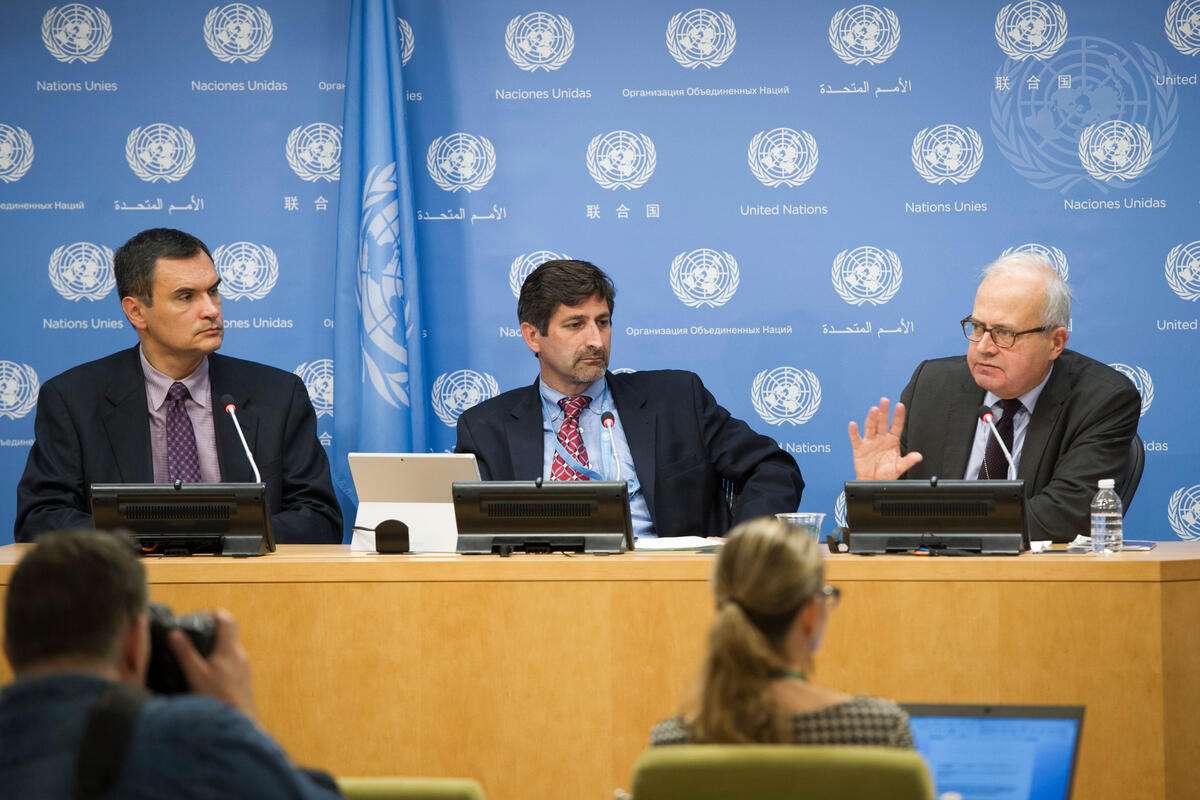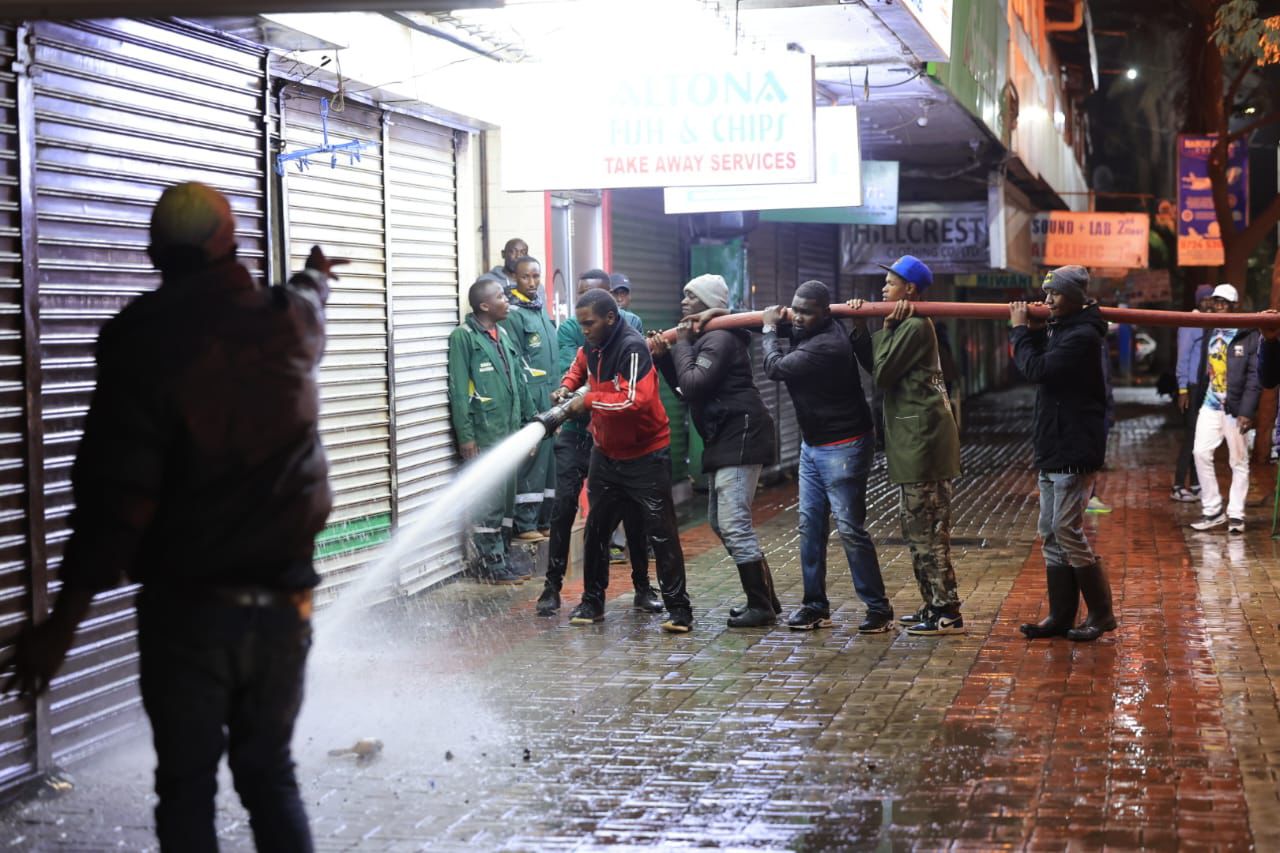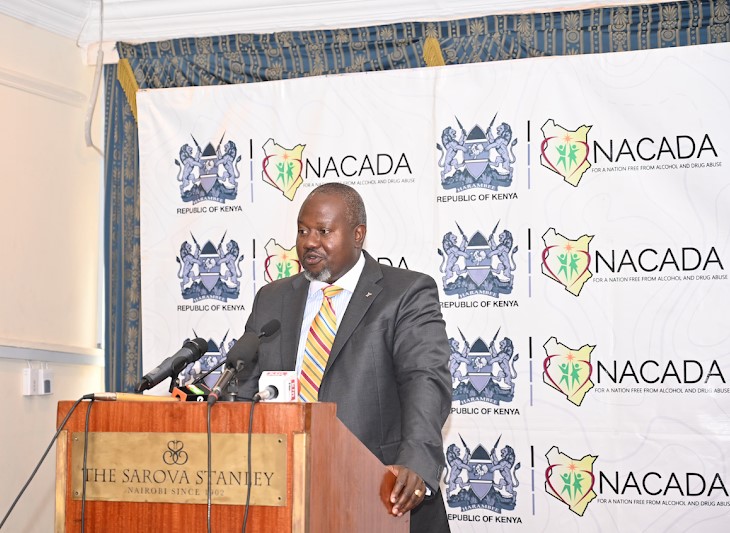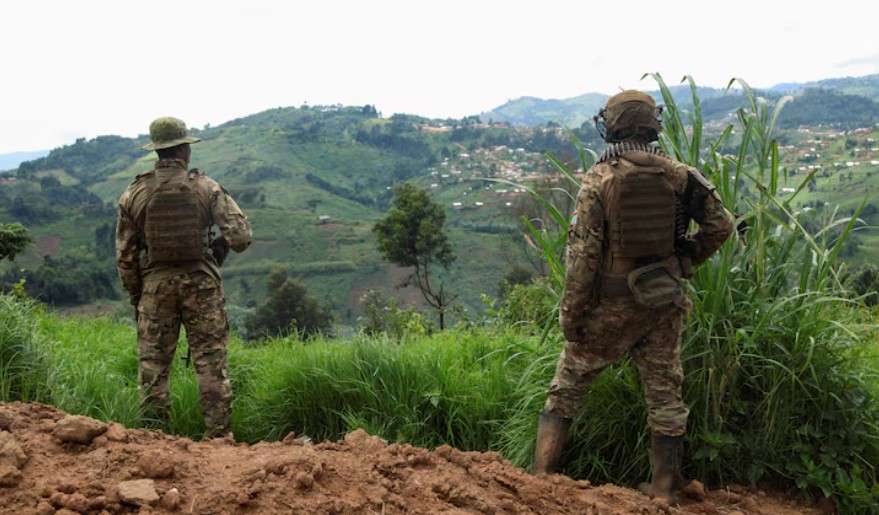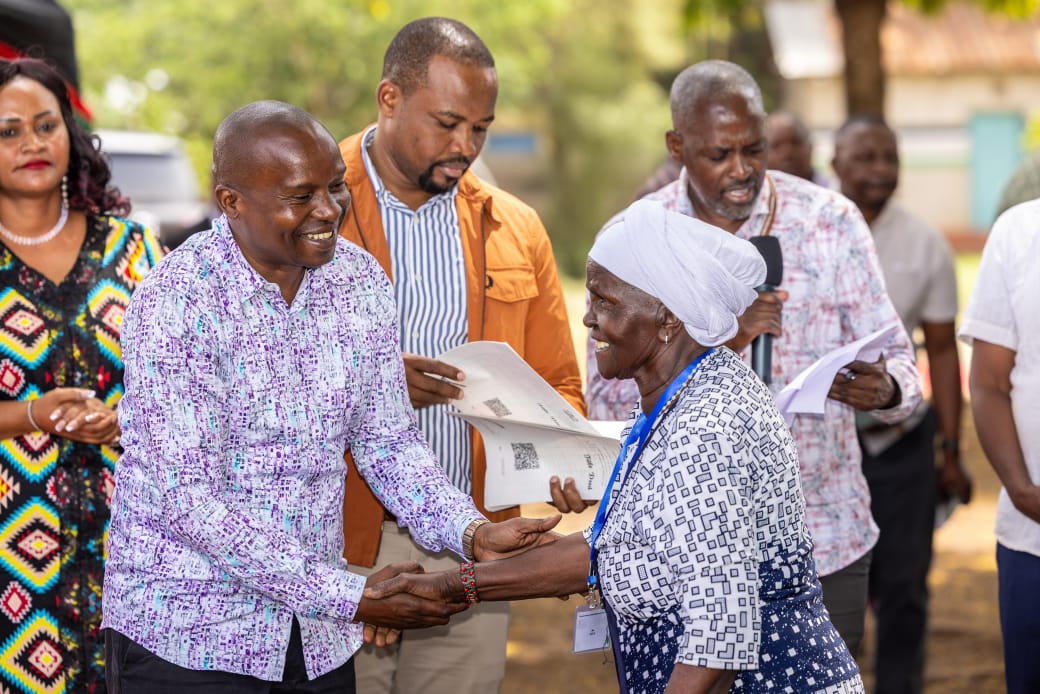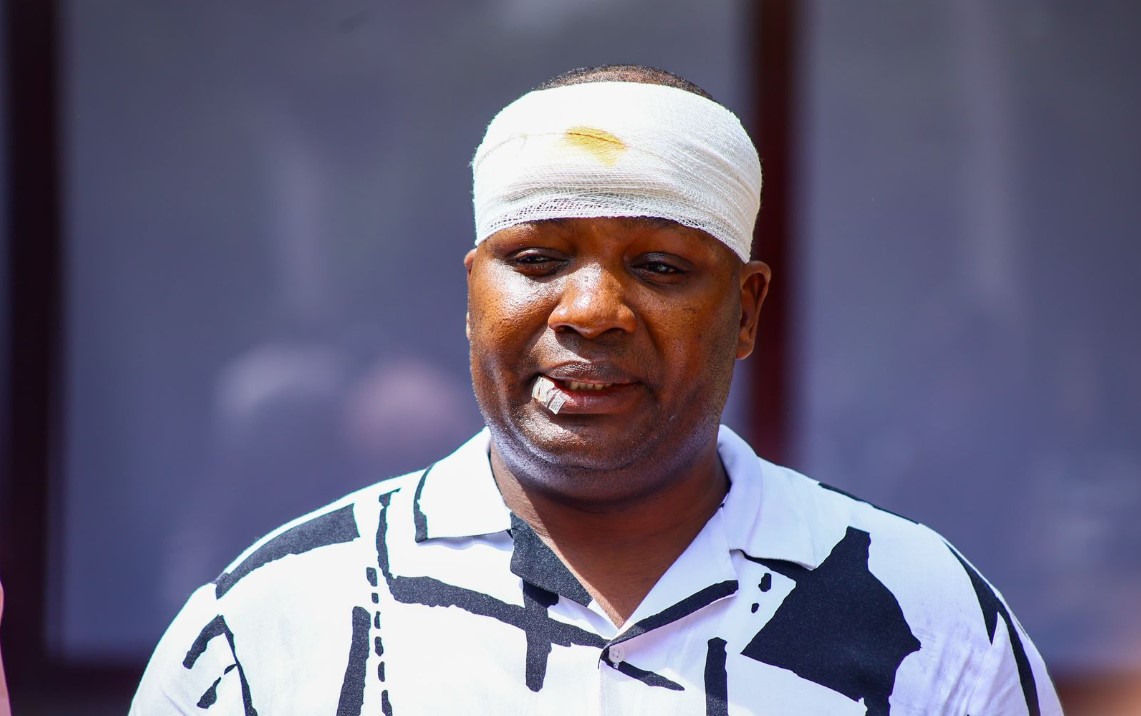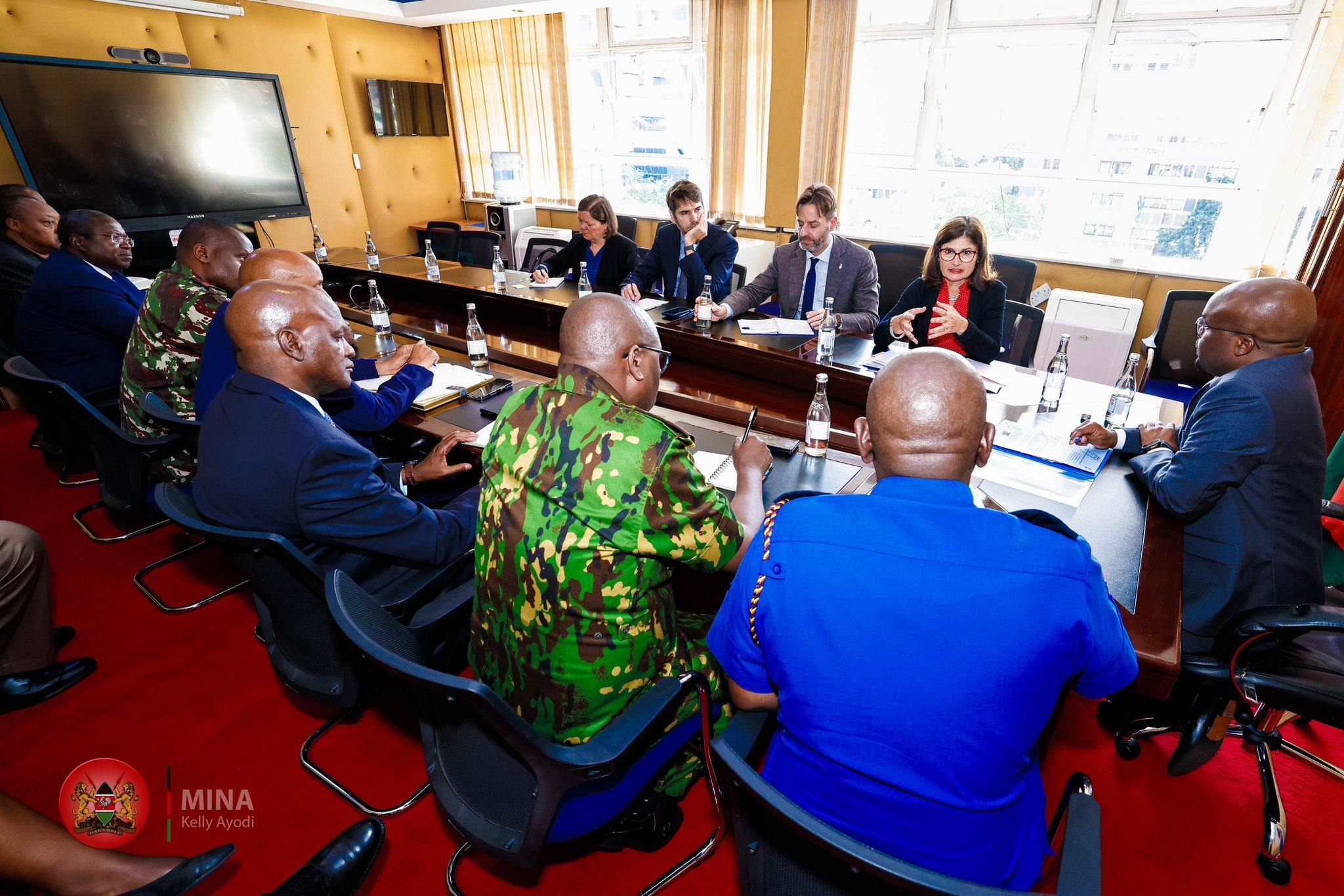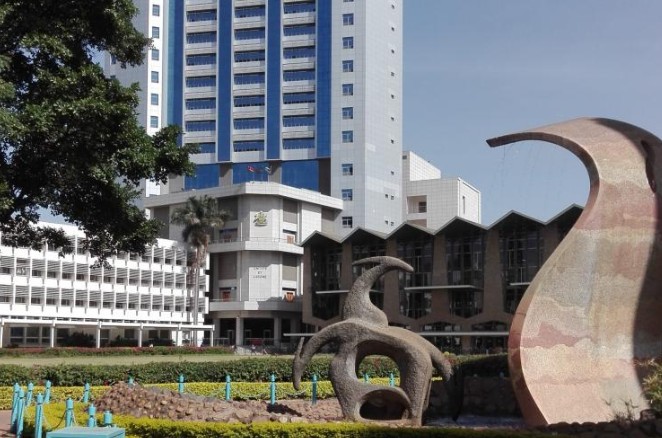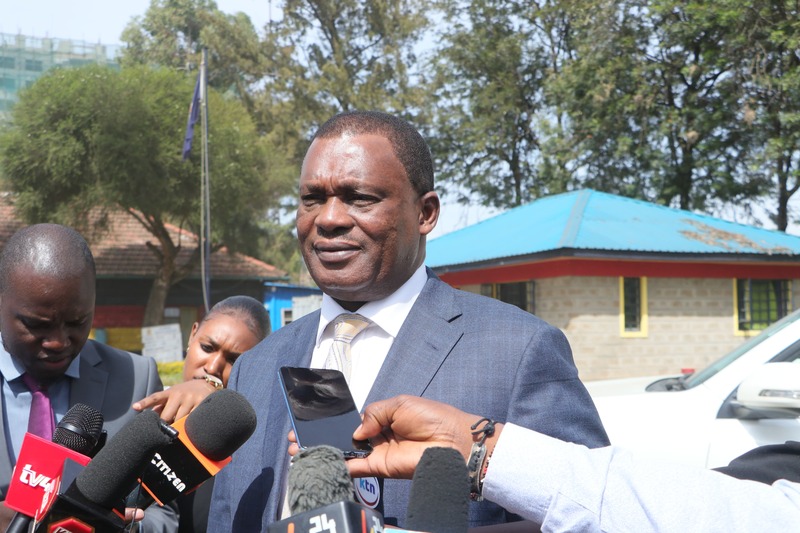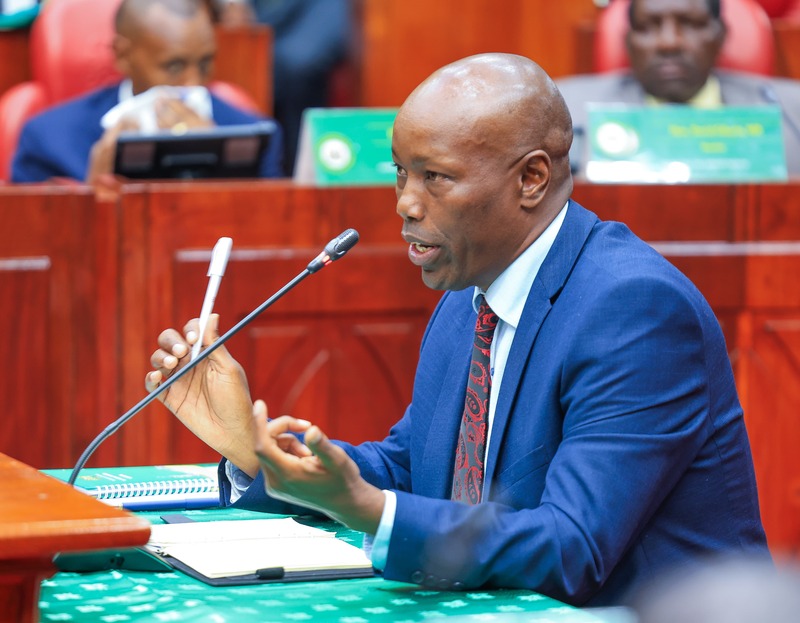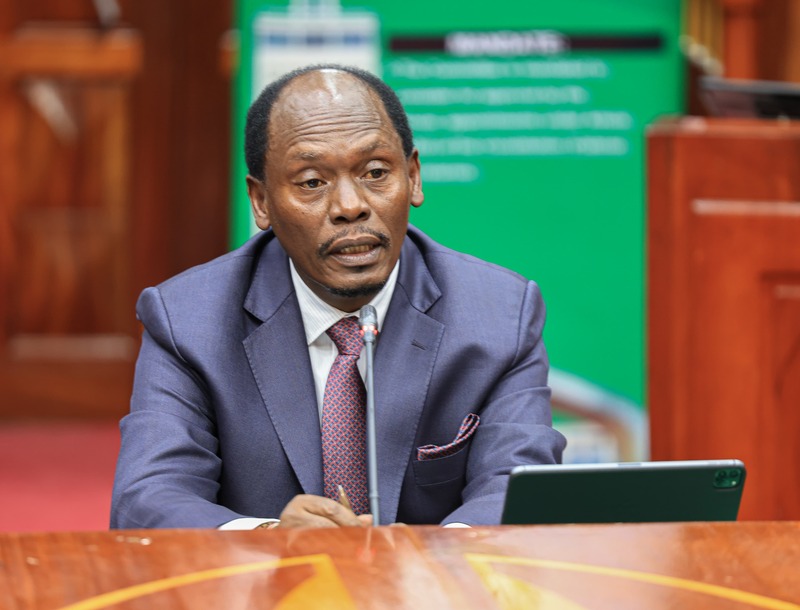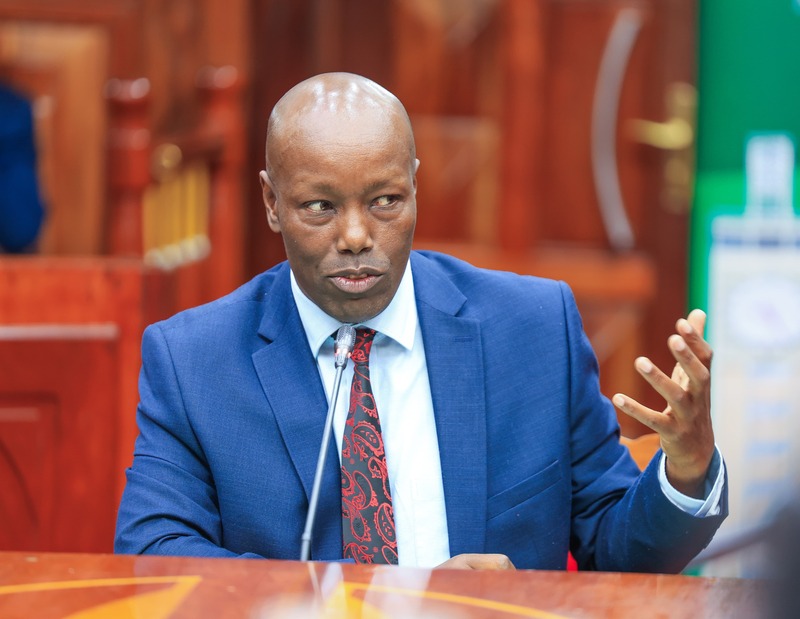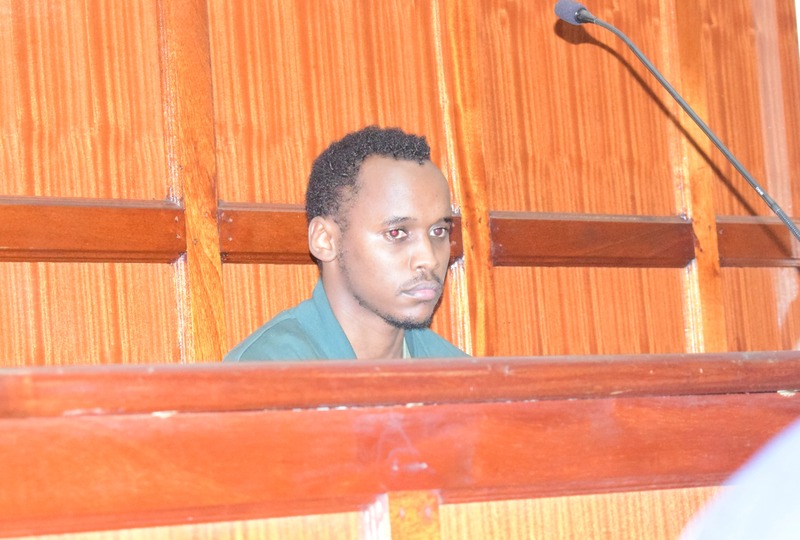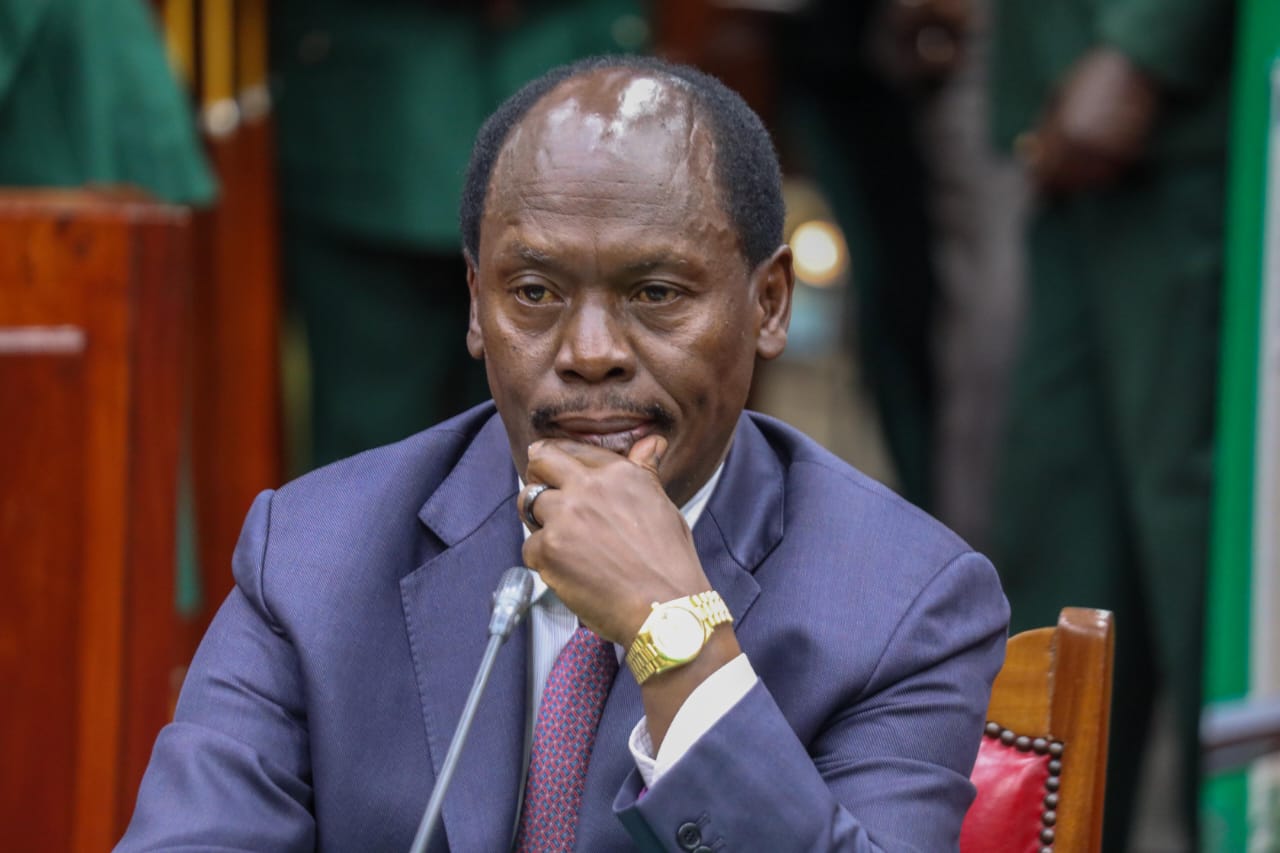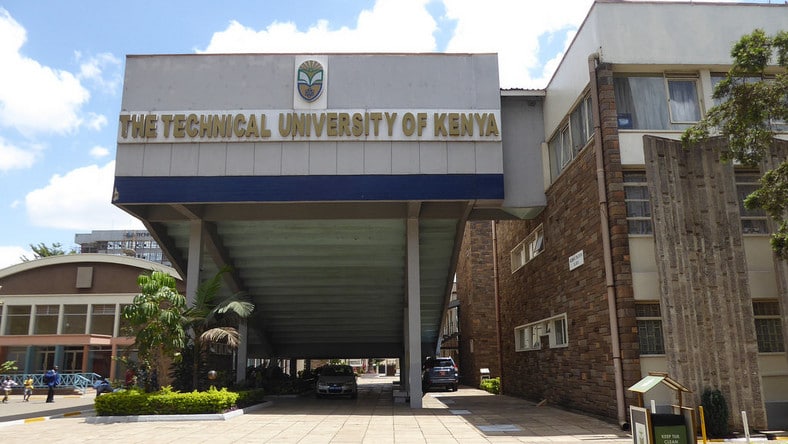Police stall human rights activist's court appearance as DPP requests for file review
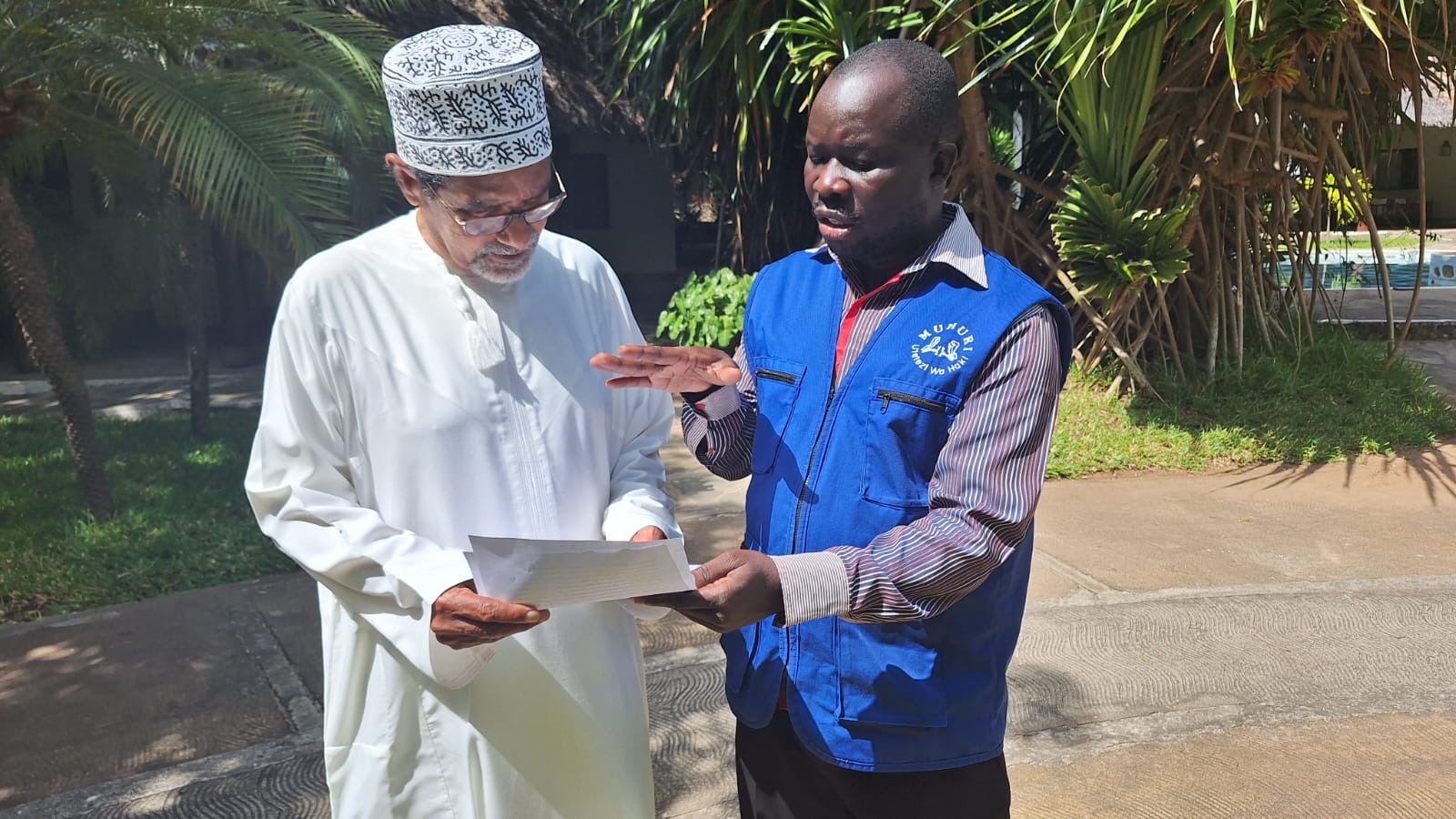
He expressed his frustration with the ongoing delays and actions of the police following his visit to the Malindi Police Station.
A board member of Muslims for Human Rights (MUHURI) and renowned human rights activist had his bond extended until September 23, 2024, after the Directorate of Criminal Investigations (DCI) in Malindi declined to take him to court as scheduled.
Khelef Khalifa, who was arrested last week for questioning the police’s decision to conceal their identities and service numbers during a roadblock operation in Malindi, appeared at the Malindi Police Station on Tuesday, only to be informed that the Director of Public Prosecutions (DPP) in Nairobi had requested the case file for review.
More To Read
He expressed his frustration with the ongoing delays and actions of the police following his visit to the Malindi Police Station.
"Today I went to Malindi and proceeded to the police station, where I had already recorded my statements. However, upon arrival, they informed me that there was no case today. They have postponed it until next month, stating that the file has been sent to Nairobi for review before any decisions are made,” he said.
Khelef believes that the delays are indicative of the police's disregard for legal procedures and court decisions, which he views as a form of harassment.
"This suggests that the case has not yet been found to have merit, and it is a form of harassment by the police, who are not following the law or court decisions, and they continue to trouble people on the roads," he said.
Khelef also voiced his determination to ensure that a roadblock causing significant inconvenience to travellers between Malindi and Lamu is removed, stating, "On our part, we say that if the roadblock that has been placed there is not removed, we will take every legal measure, or even use force, until the roadblock is gone. People travelling to Malindi and Lamu are facing great difficulty, and there are numerous complaints from that side. We will stand firm and see what the police will do."
Justice delayed
This move has raised concerns among human rights advocates, who see it as an attempt to delay justice and intimidate Khalifa.
Speaking after his visit to the police station, Francis Auma, MUHURI's Rapid Response Officer, condemned the DCI’s actions as a blatant disregard for justice.
"We arrived at the DCI offices in Malindi, accompanied by Khalifa's legal team, only to be informed that the file had been sent to Nairobi for review. They claim they want to charge him, but now they're saying instructions from Nairobi have delayed the process. This is nothing more than a tactic to harass and intimidate Khelef Khalifa," he said.
Auma emphasised that while they respect the rule of law, they will not tolerate police harassment. "We respect the rule of law, but we will not bow to intimidation. The police must follow the law, regardless of one's position. Khalifa has complied fully with the legal process, and we will continue to monitor this case closely."
Khelef, who was accompanied by his legal team during Tuesday’s visit, was released from the police station by 10 am, having recorded a statement as required.
He is now scheduled to return to Malindi on September 23 for further proceedings.
The incident that led to Khelef’s arrest occurred last week at Mida Creek, near Watamu in Kilifi County. Khelef, who was en route to a family wedding in Malindi, was stopped by a multi-agency team at a roadblock.
The officers, who wore balaclavas and did not display their name tags or service numbers, demanded to search his vehicle. When Khelef questioned their lack of identification, the officers reportedly became hostile and arrested him.
Khelef was taken to the police station, where he was held for nearly four hours before being released on a Sh10,000 bond.
He has since accused the police of violating his rights and has vowed to challenge the legality of his arrest in court.
Human rights organisations have expressed solidarity with Khelef, warning that such actions by the police undermine public confidence in law enforcement and the justice system. They argue that the concealment of police identities is a worrying trend that fosters impunity and threatens civil liberties.
Trending
